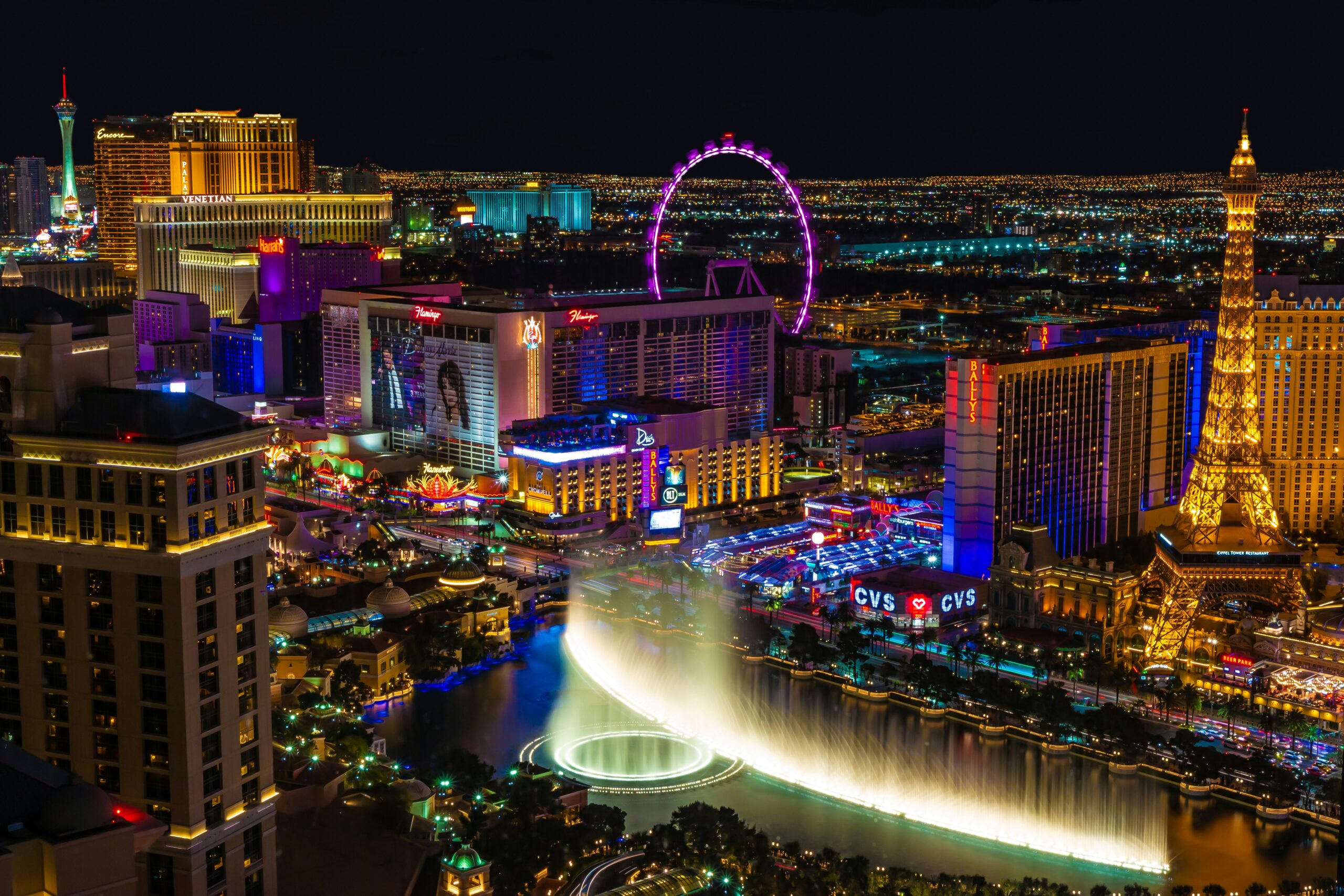Working in hospitality, especially in a high-energy environment like the Las Vegas Strip, I have learned that understanding human behavior is as important as understanding business strategy. Guests come to Las Vegas seeking experiences, entertainment, and memories, and the role of a hotel professional is not just to sell rooms or services but to enhance those experiences while also optimizing revenue. Behavioral economics provides powerful tools to achieve both goals. By understanding how people make decisions, we can guide guests toward upgrades without making them feel pressured.
The Power of Choice Architecture
One of the core concepts of behavioral economics is choice architecture. People do not make decisions in a vacuum. The way options are presented influences their choices. In hospitality, this concept can be applied by structuring room options and amenities in a way that naturally encourages upgrades.
For example, offering three room tiers with clear differences in comfort, view, and added benefits can nudge guests toward the middle or higher tier without forcing them. The key is to highlight the value and benefits of the upgrades rather than pressuring the guest. By designing choices thoughtfully, we create a situation where the better option feels like a natural choice, enhancing the guest experience while increasing revenue.
Framing and Perceived Value
How options are framed can significantly impact decision-making. Guests are more likely to accept an upgrade when the added benefits are clear and tangible. For instance, framing a room upgrade as an opportunity to enjoy a larger space with a scenic view and premium amenities emphasizes value rather than cost.
I have seen that when upgrades are framed in terms of the experience rather than the price, guests feel empowered in their decision. They are not being sold to; they are being offered a chance to enhance their stay. This approach aligns with the principle of perceived value in behavioral economics, where the emotional benefit can outweigh the monetary cost.
The Anchoring Effect
Anchoring is another powerful tool in guiding decisions. People tend to rely heavily on the first piece of information they receive when making choices. On the Strip, we often introduce guests to premium rooms early in the booking process or at check-in. Once they see what a high-end option offers, the standard room feels less appealing by comparison.
Anchoring works best when used subtly. It is not about manipulating guests but helping them see the full spectrum of choices. When done ethically, it allows guests to make informed decisions that they are genuinely happy with. I have found that this technique increases satisfaction because guests feel they made a smart choice rather than being upsold.
Social Proof and Testimonials
Behavior is heavily influenced by the actions and experiences of others. Social proof is a powerful behavioral economic principle. Guests are more likely to consider upgrades when they know others have enjoyed them. Highlighting positive reviews, occupancy trends, or even mentioning that certain rooms are popular can guide decisions naturally.
For example, sharing that the corner suite with a Strip view is the most requested room of the month subtly encourages guests to consider it without any hard sell. People are motivated by what others are doing, and when combined with genuine information about the benefits, social proof becomes an effective and ethical nudge.
Timing and Context
When you present an upgrade matters just as much as how you present it. Guests are more receptive at certain moments, such as during check-in or after a positive interaction with staff. Behavioral economics shows that decisions made when people are relaxed and satisfied tend to be more favorable.
On the Strip, timing also means context. For instance, highlighting a spa or dining package after the guest has expressed excitement about entertainment options is more effective than presenting it immediately upon arrival. Understanding the context of the guest’s mindset and mood allows us to nudge in ways that enhance their experience rather than feel pushy.
Reciprocity and Added Value
Another principle I use is reciprocity. People naturally feel inclined to respond positively when they receive something first. Offering a small complimentary item, personalized note, or welcome drink can prime guests to consider an upgrade. It is not a gimmick but a genuine way to enhance their experience.
The psychology behind this is simple. When guests feel cared for and appreciated, they are more likely to reciprocate with engagement or acceptance of value-added services. Behavioral economics teaches us that these small gestures have disproportionate effects on behavior when applied thoughtfully.
Ethical Nudging for Long-Term Success
The goal is always to nudge ethically. Guests must feel they are making informed decisions, not being manipulated. Behavioral economics is a tool for guiding behavior in ways that align the interests of the guest and the business. When implemented correctly, it increases revenue while enhancing satisfaction and loyalty.
I have learned that guests who feel respected and supported in their choices are more likely to return, recommend the property, and leave positive reviews. Ethical nudging builds trust and reinforces the idea that the business prioritizes their experience, not just short-term profit.
Final Thoughts
Behavioral economics offers a framework for understanding human decision-making that is particularly effective in the hospitality industry. By applying principles such as choice architecture, framing, anchoring, social proof, timing, and reciprocity, we can guide guests toward upgrades in ways that feel natural and enjoyable.
The key is to focus on enhancing the guest experience rather than pushing for immediate sales. When guests feel informed, valued, and empowered, they make choices that benefit both themselves and the business. For me, the most rewarding outcome is seeing guests leave happier than when they arrived, knowing that the strategies we use respect their autonomy while creating memorable experiences.
Behavioral economics on the Strip is not about pressure or persuasion. It is about understanding human behavior and using that insight to create win-win situations. By combining psychology with hospitality, we can improve revenue, satisfaction, and loyalty, all while making the guest’s stay truly exceptional.
